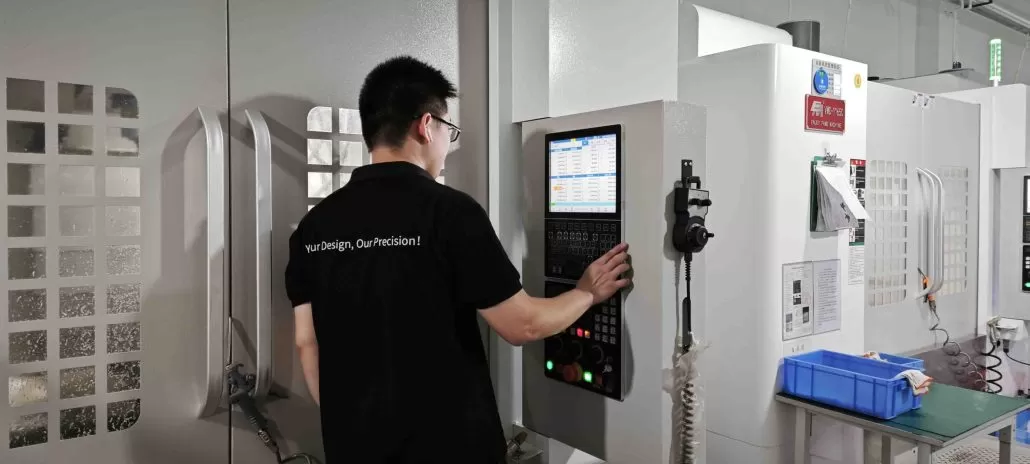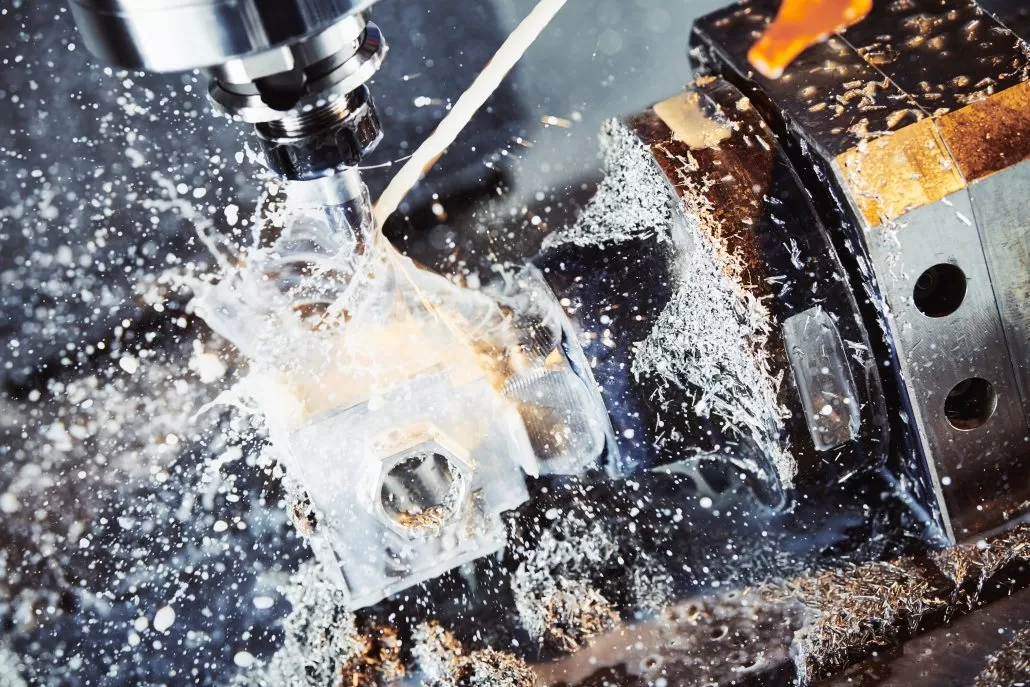Dear Valued Readers,
As a precision CNC machining manufacturer, we know that conventional machining processes have been around for a long time. From drilling and sawing to turning and milling, conventional machining has been the foundation of manufacturing for centuries. However, despite its longevity, conventional machining has limitations that can affect the quality and accuracy of your products.
In this informative and persuasive article, we’ll explore the limitations of conventional machining processes and why precision CNC turning machining is the way of the future.
What is Conventional Machining?
Conventional machining refers to the process of using tools to remove material from a workpiece in order to shape and create a specific part. This is typically done through processes like milling, drilling, and turning. While conventional machining has been a part of manufacturing for centuries, it has its limitations, particularly when it comes to creating complex parts.

Limitations of Conventional Machining Processes
There are several key limitations to conventional machining processes that can be problematic for certain manufacturing needs:
Limitation #1: Human Error
One of the biggest limitations of conventional machining processes is the potential for human error. Machinists are required to set up and operate the machines manually, which can lead to mistakes in the machining process. Even the most skilled machinist can make small errors that can add up and negatively impact the final product.
Limitation #2: Inefficiency
Conventional machining processes are known for their inefficiency. Machinists often need to use multiple machines to complete a single part, which can result in longer lead times and increased production costs. Additionally, conventional machining processes require frequent manual adjustments, which can lead to extended downtimes and decreased productivity.
Limitation #3: Limited Precision
Conventional machining processes have limited precision capabilities. Machinists can only achieve so much accuracy and repeatability using conventional machines. This limitation can impact the quality of your products and prevent you from achieving the level of precision needed for certain applications.
Precision CNC Turning Machining: The Solution You Need
So, what is the solution to these limitations? CNC machining, or Computer Numerical Control machining, offers a powerful alternative to conventional machining processes. CNC machining uses computer software to control the precision and movement of tools, creating highly complex parts with extreme accuracy and speed.
Fortunately, there is a solution to the limitations of conventional machining processes. Precision CNC turning machining provides the accuracy, efficiency, and precision capabilities that conventional machining processes can’t match. With computer-controlled machines, precision CNC turning machining eliminates the potential for human error and provides consistent, precise results every time.

By using CNC machining, manufacturers can overcome the limitations of conventional machining processes, creating parts that are more precise, more complex, and more quickly produced. CNC machining also offers greater versatility in terms of design capabilities, providing more flexibility in the parts that can be created. Finally, the use of computer software in CNC machining means that tool wear is minimized, ensuring a consistent level of quality with each part produced.
Furthermore, precision CNC turning machining eliminates the need for multiple machines and manual adjustments, resulting in faster lead times and lower production costs. You’ll also have access to a wider range of materials and the ability to create complex geometries and shapes.
Conclusion
To make the CNC machining process more effective and efficient, it’s crucial to understand the limitations of traditional machining processes. As we dive further into the world of manufacturing, the limitations of conventional methods begin to become clear. The traditional machining process does offer some advantages but retaining the skilled labor force is becoming challenging. Therefore, a modern CNC machining manufacturer should keep up with the latest technologies and adapt them to address the limitations of conventional methods.
The world of manufacturing, especially in the precision CNC turning machining industry, is evolving fast. A CNC machining manufacturer must maintain competitive pricing, fast turnaround with minimal wastage, and quality products. By keeping up with newer technologies, lower scrap rates, and higher accuracy will be expected, which is achievable through modern CNC machining processes.
Thank you for reading!
Sincerely,
Longsheng Technology


